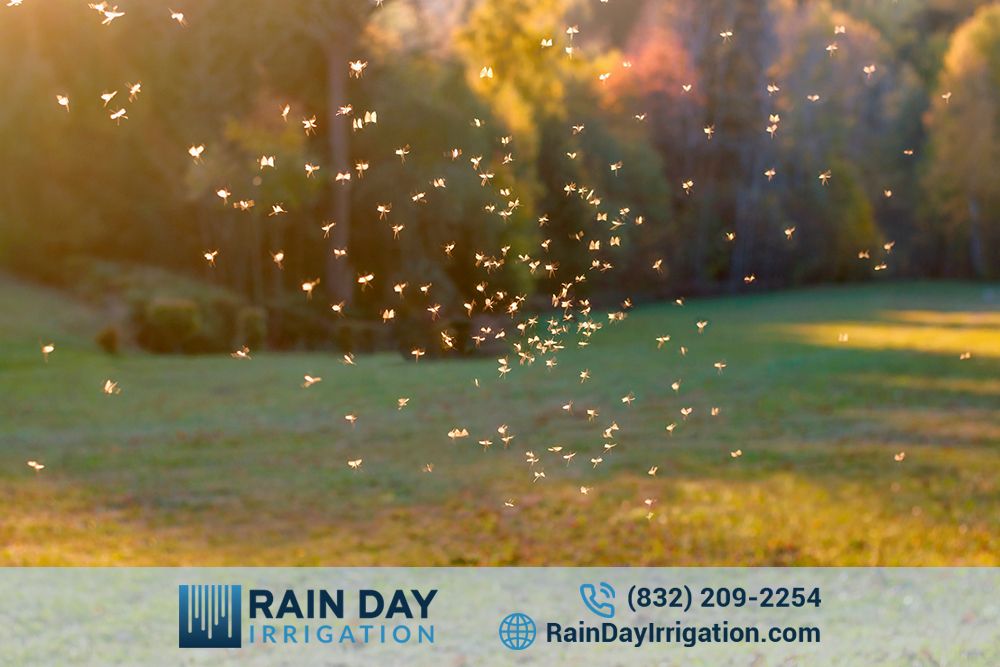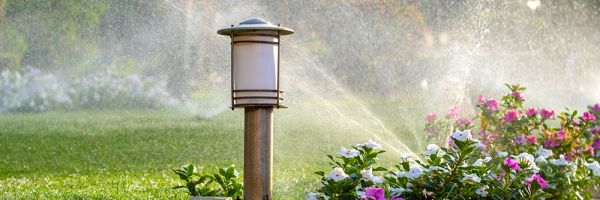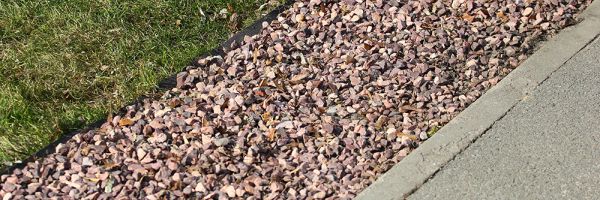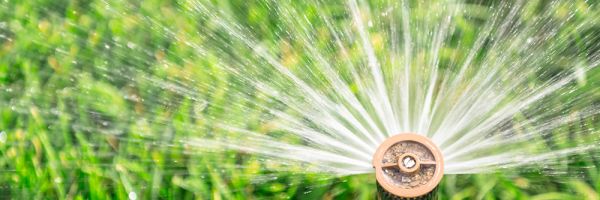Creating a safer Garden: 4 Non-Toxic Methods of Mosquito Control
Creating a safer Garden: 4 Non-Toxic Methods of Mosquito Control
As the warm weather approaches, the serene beauty of your garden can quickly become overshadowed by the presence of pesky mosquitoes. While there are various chemical solutions available, many homeowners are seeking safer alternatives to protect their outdoor spaces. In this blog, we'll explore four non-toxic methods of mosquito control that will help you enjoy a mosquito-free garden without harming the environment, your family, or beneficial insects.
Method 1: Mosquito-Repelling Plants
Nature provides us with an array of plants that naturally repel mosquitoes. Incorporating these plants into your garden not only adds beauty but also acts as a natural deterrent to these unwanted insects. Lavender, citronella grass, lemon eucalyptus, and marigolds are just a few examples of plants that emit scents mosquitoes dislike, helping you create a safer outdoor environment.
Method 2: Eliminate Standing Water
Mosquitoes breed in stagnant water, so removing potential breeding sites from your garden is an effective non-toxic approach. Regularly inspect your yard for areas where water accumulates, such as overturned buckets, clogged gutters, and saucers under potted plants. By eliminating these sources, you reduce the chances of mosquito larvae developing.
Method 3: Natural Predators
Introducing natural mosquito predators to your garden can create a balanced ecosystem and keep mosquito populations in check. Consider adding fish like gambusia or goldfish to ornamental ponds, as they feed on mosquito larvae. Additionally, encouraging birds, bats, and dragonflies to inhabit your garden can help control adult mosquito populations.
Method 4: DIY Mosquito Traps
Constructing simple DIY mosquito traps can be an effective way to reduce mosquito numbers without using harmful chemicals. One method involves using a mixture of sugar, water, and yeast to create a carbon dioxide-emitting trap that attracts and captures mosquitoes. This can significantly reduce the number of adult mosquitoes in your garden.
A safer garden free from mosquitoes is achievable without resorting to toxic chemicals. By implementing these non-toxic methods, you can create a welcoming outdoor space for yourself, your family, and your guests. Embrace the beauty of mosquito-repelling plants, eliminate breeding sites, invite natural predators, and try DIY traps to strike a balance between enjoying your garden and maintaining a safe environment. With these methods, you can revel in the joys of the outdoors without worrying about the buzzing annoyance of mosquitoes.
As with any technology, irrigation systems may encounter common problems that can affect their performance. However, armed with knowledge and proactive maintenance, you can tackle these issues head-on. Regular inspections, cleaning, and proper adjustments will go a long way in ensuring your irrigation system runs smoothly, keeping your garden blooming and your water usage efficient. Remember, troubleshooting these common woes will help you maintain a thriving and sustainable landscape year-round. Happy gardening!
At Rain Day Irrigation, we are committed to providing our clients with the best landscape lighting services in Cypress TX and surrounding areas. Call us now at (832) 209-2254 for a free quote and let us help you transform your outdoor space into a beautiful and inviting oasis.



